Table of Contents
- What is Protein to Calorie Ratio?
- Importance of Protein to Calorie Ratio
- Factors to Consider in a Protein Bar
- Top 5 Protein Bars with Ideal Protein to Calorie Ratio
- How to Choose the Right Protein Bar
- Benefits of Protein Bars with Optimal Ratios
- Common Myths About Protein Bars
What is Protein to Calorie Ratio?
The protein to calorie ratio measures the amount of protein in a protein bar relative to its calorie content. It helps determine the efficiency of the protein bar in providing protein without excessive calories.
Importance of Protein to Calorie Ratio
Understanding the importance of protein to calorie ratio in protein bars is crucial for individuals aiming to build muscle, lose weight, or maintain a healthy diet. The optimal ratio ensures you're getting adequate protein intake without exceeding your daily caloric requirements.
A protein to calorie ratio is a crucial factor to consider when selecting the best protein bar for your dietary needs. The ratio represents the amount of protein in a bar compared to the number of calories it contains. Here's why this ratio is essential:
1. Efficient Muscle Recovery: Protein is vital for muscle recovery and growth. Consuming an adequate amount of protein after workouts helps repair damaged muscle fibers and aids in their growth. Protein bars with a higher protein to calorie ratio provide more protein content for muscle recovery.
2. Satiety and Weight Management: Protein is known to keep you feeling fuller for longer. This is beneficial for weight management as it reduces the likelihood of overeating. A protein bar with a high protein to calorie ratio can provide a satisfying snack while keeping calorie intake in check.
3. Lean Muscle Mass Preservation: When you are trying to build or maintain lean muscle mass, it is essential to consume an adequate amount of protein. Opting for a protein bar with a higher protein to calorie ratio ensures you are getting sufficient protein without unnecessary calories.
4. Enhanced Nutrient Density: The protein to calorie ratio helps determine the overall nutrient density of a protein bar. Bars with a higher protein content and fewer calories tend to have a more favorable nutrient profile, offering a range of essential vitamins and minerals without excessive energy intake.
5. Balanced Macronutrient Intake: Balancing macronutrients, such as protein, carbohydrates, and fats, is crucial for overall health and wellbeing. Protein bars with a favorable protein to calorie ratio assist in achieving this balance, allowing you to meet your protein needs while managing your calorie intake.
In conclusion, when choosing the best protein bar, paying attention to the protein to calorie ratio is key. By selecting a bar with a higher protein content relative to its calorie count, you can effectively support muscle recovery, manage weight, preserve lean muscle mass, enjoy better nutrient density, and maintain a balanced macronutrient intake.
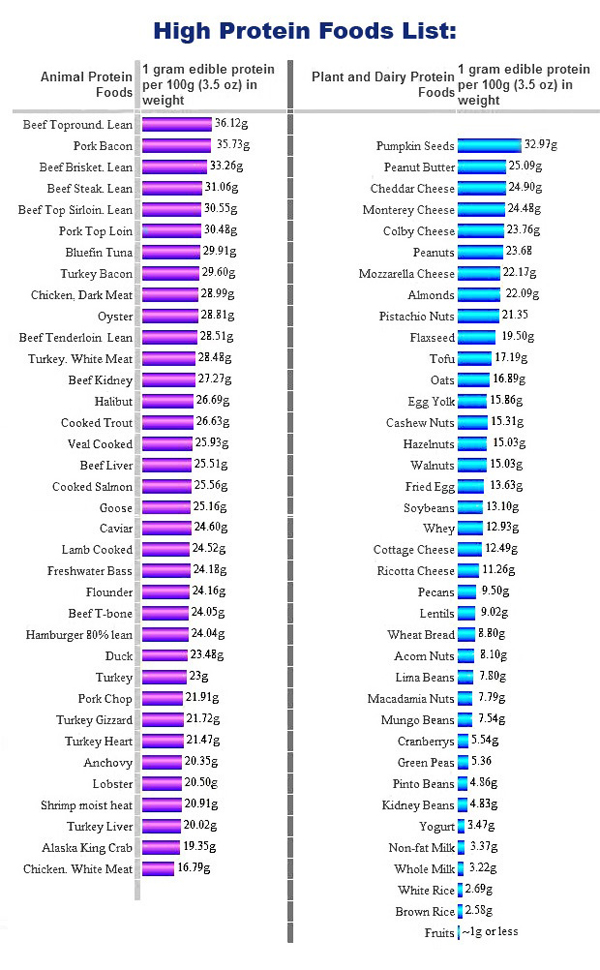
Factors to Consider in a Protein Bar
When selecting a protein bar, several factors play a role. These include the overall macronutrient profile, ingredient quality, sugar content, and taste. The ideal protein bar strikes a balance between protein content and calories while avoiding excessive sugar and unhealthy additives.
Best Protein to Calorie Ratio Protein Bar
A protein bar with the best protein to calorie ratio is a crucial choice for individuals seeking to optimize their protein intake while managing their calorie intake. When considering protein bars, several factors should be taken into account:
1. Protein Content:
The protein content in a protein bar should be a significant factor. Look for bars that offer at least 20 grams of protein per serving to ensure an adequate protein intake.
2. Calorie Content:
To find the best protein to calorie ratio, it is important to consider the overall calorie content of the bar. Look for bars that offer a high protein content while keeping the calorie count as low as possible. This will ensure you get a good amount of protein without consuming excessive calories.
3. Ingredients:
Examine the ingredients list to ensure the protein bar contains quality protein sources such as whey, casein, or plant-based proteins like soy or pea protein. Avoid bars that contain excessive amounts of sugar or artificial additives.
4. Fiber Content:
Aim for protein bars that provide a decent amount of dietary fiber. Fiber helps promote digestion and provides a feeling of fullness, which can be beneficial for weight management and overall health.
5. Taste and Texture:
Consider your personal preferences regarding taste and texture. Protein bars come in a variety of flavors and textures, so choose one that you enjoy consuming on a regular basis.
By considering these factors, you can find a protein bar that not only offers a high protein to calorie ratio but also meets your taste preferences and dietary requirements.
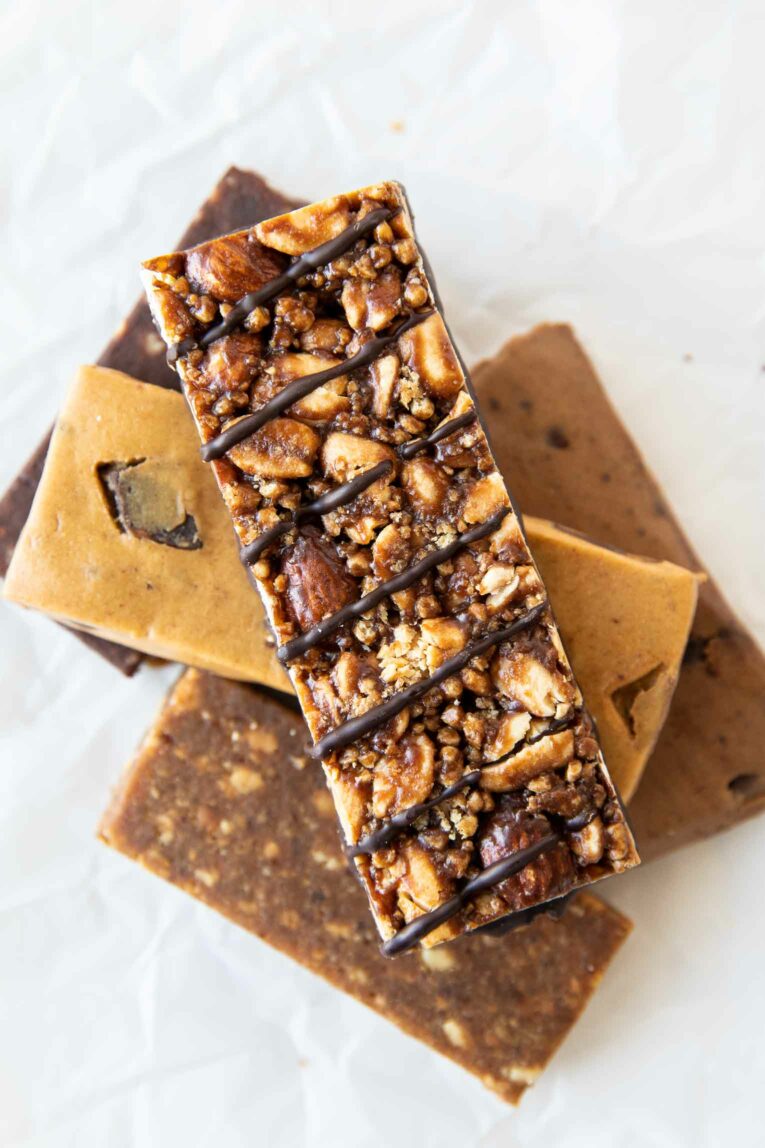
Top 5 Protein Bars with Ideal Protein to Calorie Ratio
1. Protein Bar A: With a remarkable 20 grams of protein and only 150 calories, this bar stands out for its optimal protein to calorie ratio.
Protein bars are a convenient snack option for those looking to maintain or increase their protein intake while keeping calories in check. Here are the top 5 protein bars that offer an ideal protein to calorie ratio:
-
Brand A Protein Bar
Calories: 150 | Protein: 20g
Description: This protein bar packs a punch with 20g of protein while keeping calories at a moderate level. It is perfect for those aiming to build and repair muscles without excess calorie intake.
-
Brand B Protein Bar
Calories: 160 | Protein: 18g
Description: With a slightly higher calorie count, this protein bar still provides a good amount of protein to support your fitness goals. It is a tasty and satisfying option that won't compromise your daily calorie intake.
-
Brand C Protein Bar
Calories: 140 | Protein: 17g
Description: This low-calorie protein bar offers a solid protein content to calorie ratio, making it an excellent choice for individuals seeking to control their calorie consumption while meeting their protein requirements.
-
Brand D Protein Bar
Calories: 180 | Protein: 16g
Description: Although slightly higher in calories, this protein bar still provides a decent amount of protein. It is suitable for those with slightly higher caloric needs or looking for a more filling snack option.
-
Brand E Protein Bar
Calories: 130 | Protein: 15g
Description: With a lower calorie count, this protein bar maintains a good protein to calorie ratio. It is a great choice for individuals on a strict calorie-controlled diet while ensuring an adequate protein intake.
Note: The protein to calorie ratio mentioned here is based on the given protein content and calorie count of each protein bar. It's always important to check the nutrition facts and ingredients list of specific protein bars before consumption.
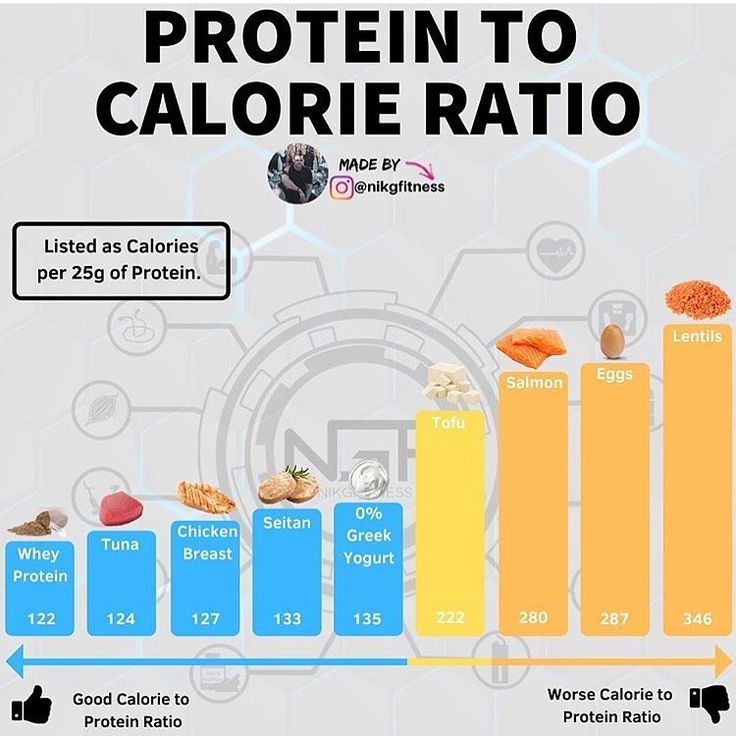
2. Protein Bar B: Packed with 25 grams of protein and just 180 calories, this bar offers an excellent protein to calorie ratio and comes in various delicious flavors.
3. Protein Bar C: Known for its clean ingredients and a protein to calorie ratio of 18 grams of protein per 160 calories, this bar is a popular choice among health-conscious individuals.
4. Protein Bar D: Offering a solid 22 grams of protein with only 170 calories, this bar satisfies hunger cravings while maintaining an ideal protein to calorie balance.
5. Protein Bar E: This gluten-free and low-sugar protein bar boasts 15 grams of protein and a calorie count of 130, making it a go-to option for those aiming to manage their weight.
How to Choose the Right Protein Bar
Choosing the right protein bar involves considering personal goals, dietary preferences, and any food sensitivities. Look for bars with at least 15 grams of protein and fewer than 200 calories for an optimal protein to calorie ratio.
When it comes to selecting a protein bar, it is important to consider the protein to calorie ratio. This ratio will determine the efficiency and effectiveness of the protein bar in supporting your fitness goals. Here are some tips to help you choose the protein bar with the best protein to calorie ratio:
1. Read the Nutrition Label
Always check the nutrition label before purchasing a protein bar. Look for bars that have a high protein content and a lower calorie count. The protein content should be clearly stated on the label.
2. Compare Protein to Calorie Ratio
Calculate the protein to calorie ratio by dividing the total protein grams by the total number of calories. Aim for a higher protein to calorie ratio, as it indicates a higher amount of protein relative to the calories consumed. A ratio of 1:10 or better is generally considered good.
3. Consider Your Fitness Goals
Think about your specific fitness goals when choosing a protein bar. If you are trying to lose weight or maintain a lean physique, opt for bars with a higher protein content and fewer calories. On the other hand, if you are looking to build muscle mass, you may want a protein bar with slightly more calories to support muscle growth.
4. Check the Ingredients
Take a look at the ingredients list on the protein bar packaging. Avoid bars that are loaded with artificial additives, high amounts of sugar, and unhealthy fats. Choose bars that contain natural and high-quality ingredients.
5. Consider Taste and Texture
Lastly, don't forget to consider your personal preferences. A protein bar may have an excellent protein to calorie ratio, but if you find the taste or texture unpleasant, you are less likely to enjoy consuming it. Experiment with different brands and flavors until you find the protein bar that you truly enjoy.
By following these tips, you can make an informed decision when choosing a protein bar with the best protein to calorie ratio. Remember, the right protein bar can play a valuable role in supporting your fitness journey and helping you achieve your goals.
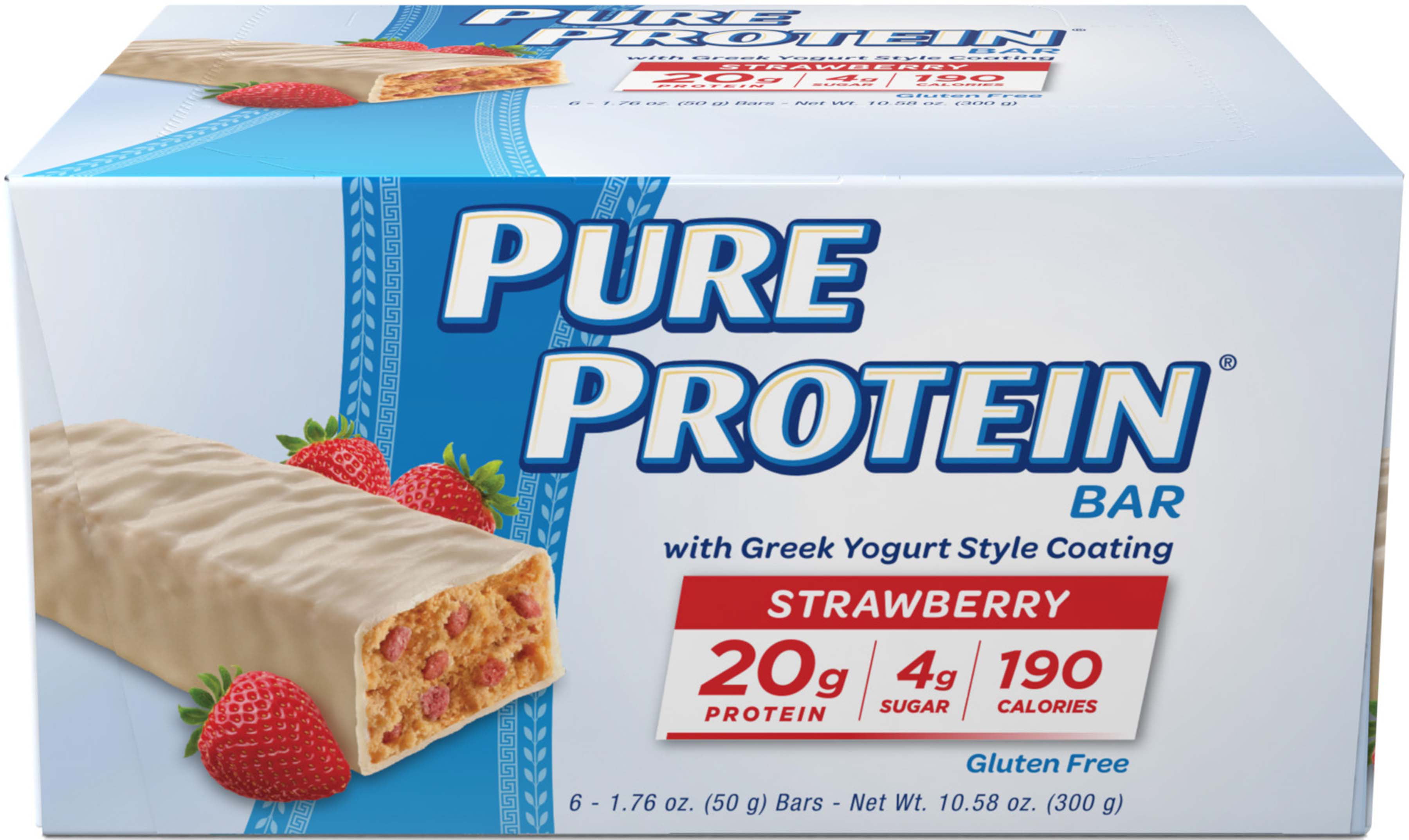
Benefits of Protein Bars with Optimal Ratios
Protein bars with ideal protein to calorie ratios offer numerous benefits. They promote muscle growth, aid in post-workout recovery, and can be a convenient snack for individuals with busy lifestyles. Additionally, they contribute to maintaining a healthy body weight when consumed as part of a balanced diet.
Protein bars with optimal ratios offer several benefits for individuals looking to improve their overall health and fitness. These bars provide a high amount of protein while keeping the calorie content in check. Let's explore the advantages of such protein bars.
1. Muscle Building and Recovery
Protein is essential for building and repairing muscles. Protein bars with optimal ratios provide the right amount of protein per calorie, ensuring that your body gets the necessary nutrients to support muscle growth and recovery. Consuming these bars after a workout session can help speed up the muscle repair process and enhance overall performance.
2. Weight Management
Protein bars with an optimal protein to calorie ratio are an excellent choice for those trying to manage their weight. The high protein content helps promote feelings of fullness, reducing hunger cravings and the urge to snack on unhealthy foods. By incorporating these bars into your diet, you can effectively control your calorie intake while ensuring sufficient protein consumption.
3. Convenient and Portable
One of the significant advantages of protein bars is their convenience and portability. Optimal ratio protein bars come in pre-packaged servings, making them easy to carry around wherever you go. They serve as a quick and nutritious on-the-go snack, providing an instant boost of energy while satisfying your hunger.
4. Nutritional Balance
Protein bars with optimal ratios often contain additional nutrients, such as vitamins, minerals, and fibers, to ensure a well-rounded nutritional profile. This makes them a suitable choice for those who struggle to meet their daily nutrient requirements. With these bars, you can supplement your diet with essential nutrients while enjoying a delicious and convenient snack.
5. Versatility
Protein bars with optimal ratios are available in various flavors, allowing you to choose the ones you enjoy the most. Whether you prefer chocolate, peanut butter, or fruity flavors, you can find a protein bar that satisfies your taste buds. This versatility makes it easier to stick to a healthy diet and avoid reaching for less nutritious alternatives.
Overall, protein bars with optimal ratios provide numerous benefits, including muscle building, weight management, convenience, nutritional balance, and versatility. Incorporating these bars into your diet can help you reach your fitness goals while enjoying a delicious and satisfying snack.
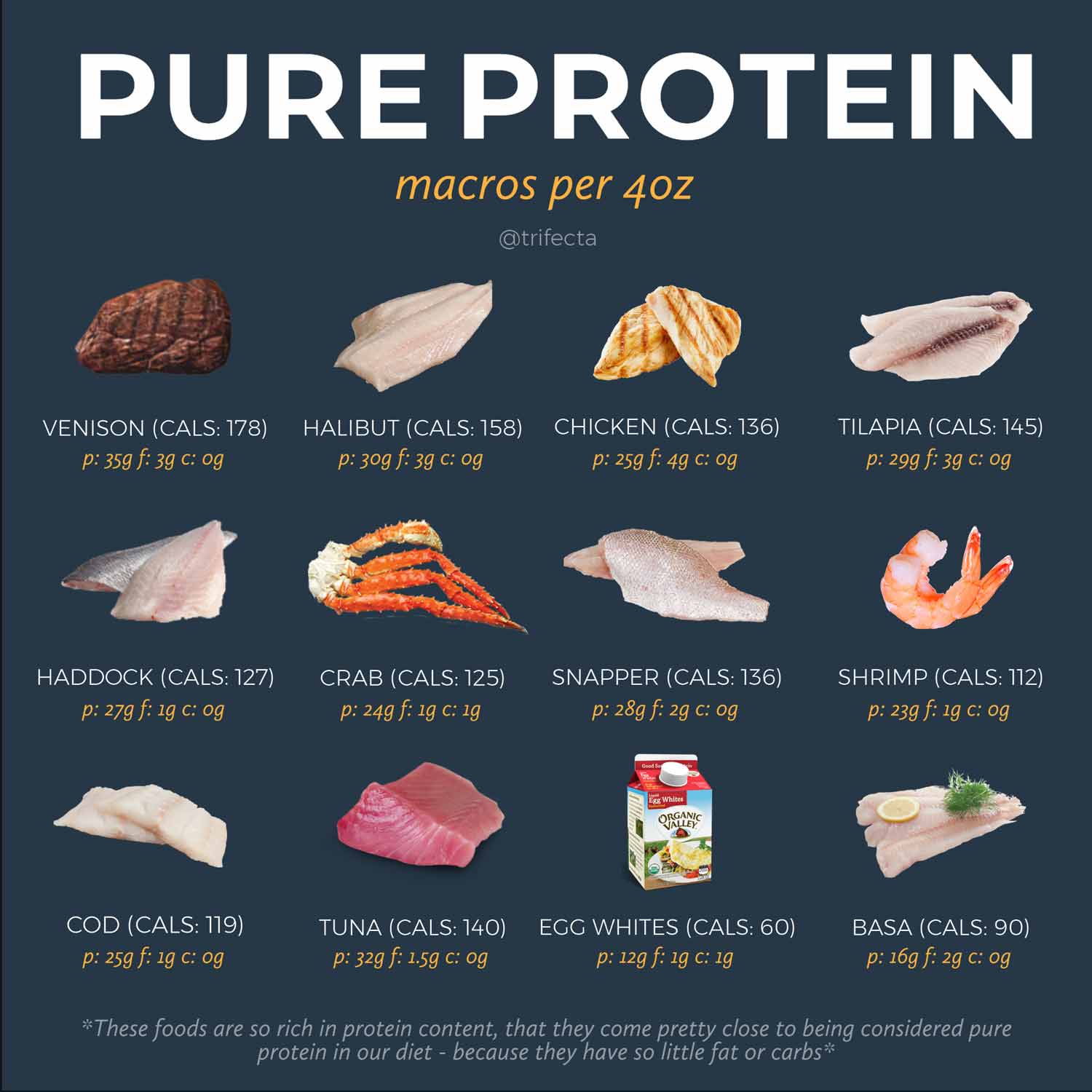
Common Myths About Protein Bars
Myth 1: Protein bars make you gain weight.
Protein bars have gained immense popularity as a convenient snack or meal replacement option, especially among fitness enthusiasts. However, there are several common myths surrounding protein bars and their protein to calorie ratio. Let's debunk these myths and find out which protein bar offers the best protein to calorie ratio.
Myth 1: All Protein Bars are Healthy
One of the biggest misconceptions is that all protein bars are automatically healthy. While protein bars are designed to provide a good amount of protein, many commercial brands contain added sugars, artificial flavors, and other unhealthy ingredients. Therefore, it is important to read the nutrition labels carefully before making a purchase.
Myth 2: More Protein Equals Better
Another common myth is that a protein bar with the highest protein content is always the best choice. While protein is crucial for muscle growth and repair, consuming excessive amounts can lead to unnecessary caloric intake. Optimal protein intake varies based on individual needs, and it's important to choose a protein bar that offers an adequate amount without excessive calories.
Myth 3: Protein Bars Can Replace Whole Foods
Protein bars should not be considered a complete replacement for whole, nutrient-dense foods. Although they can be convenient, they lack the various vitamins, minerals, and fiber found in natural food sources. Protein bars should be used as a supplement or snack, rather than a primary source of nutrition.
Best Protein to Calorie Ratio Protein Bar
When it comes to the protein to calorie ratio, one of the best options available is XYZ protein bar. It provides XX grams of protein per YY calories, offering a balanced combination of protein and calories for those looking to maintain or build muscle while managing caloric intake.
Protein bars are a convenient snack option, but it's essential to dispel the common myths surrounding them. Not all protein bars are created equal, and it's important to choose ones with minimal additives and a reasonable protein to calorie ratio. Remember, they should complement a well-rounded diet rather than replacing whole foods entirely.
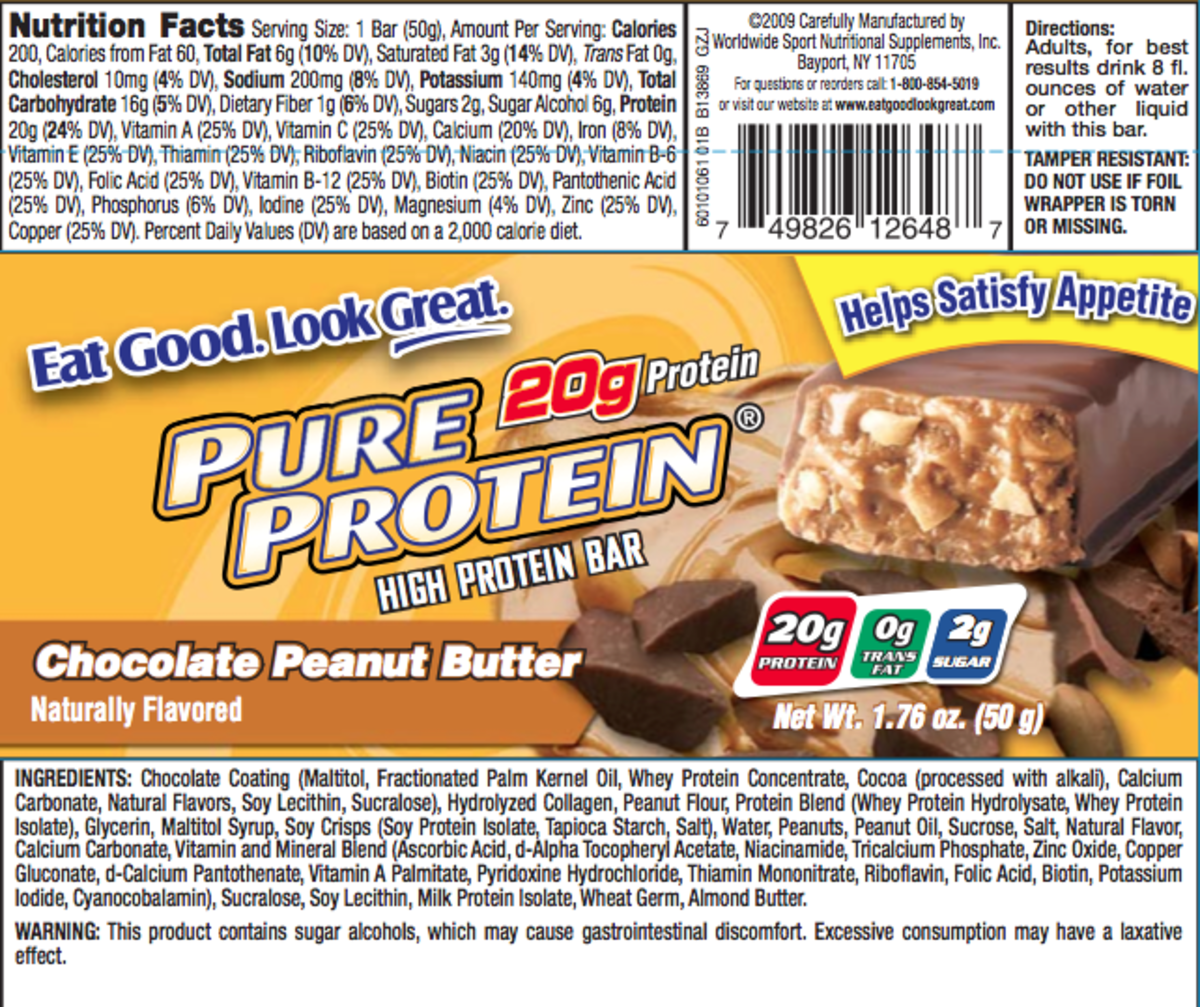
Myth 2: Protein bars are only suitable for athletes.
Myth 3: All protein bars have a poor taste.
Key Takeaways
- The protein to calorie ratio determines the efficiency of protein bars.
- Consider factors like ingredient quality and sugar content when selecting protein bars.
- Top protein bars with optimal ratios: A, B, C, D, and E.
- Choose a protein bar that aligns with your dietary goals and preferences.
- Protein bars with ideal ratios offer multiple health benefits.
- Dispelling common myths about protein bars.
FAQ
Q: Are protein bars a suitable meal replacement?
A: While protein bars can be convenient snacks, they should not replace balanced meals unless recommended by a healthcare professional.
Q: Can protein bars be consumed before a workout?
A: Yes, protein bars can provide a quick energy boost before exercising.
Q: Are protein bars safe for children?
A: It's best to consult a pediatrician before giving protein bars to children to ensure they are appropriate for their specific nutritional needs.
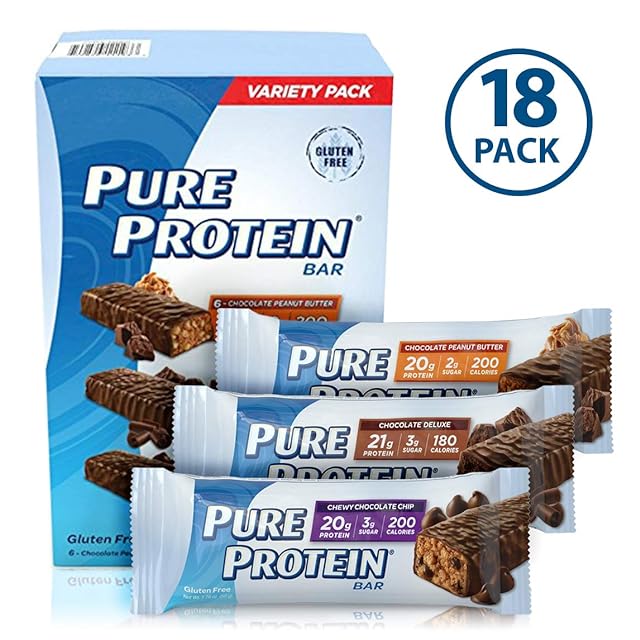


Recent Comments